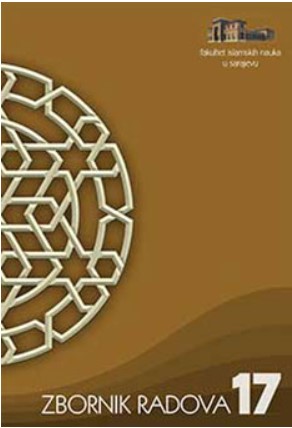IKBAL I NEKI NJEGOVI ISTAKNUTI INDIJSKI PRETHODNICI
IQBAL AND SOME OF HIS PROMINENT PREDECESSORS
Author(s): Jusuf RamićSubject(s): Political history, Islam studies, Other Language Literature, Politics and religion, 19th Century, Pre-WW I & WW I (1900 -1919), Interwar Period (1920 - 1939), WW II and following years (1940 - 1949), Inter-Ethnic Relations, Philology
Published by: Fakultet islamskih nauka u Sarajevu
Keywords: Iqbal; Pakistan; Muslims; Hindus; Ahmed Khan; Aligarh; Deoband; Thomas Arnold; Hasan Ibrahim Hasan;
Summary/Abstract: Islam was introduced to the Indian subcontinent at the end of the first Hijra century. The population of the subcontinent accepted Islam whose teachings were simple and affordable for the masses. Muslims were in power until the arrival of English colonialism, when that power has been lost. At the end of English colonialism, Muslims have emphasized two requirements. The first requirement relates to the realization of the idea of Muhammad Iqbal on the creation of a separate state for Muslims in those provinces where they were more numerous than Hindus. Then, in 1947 the Islamic Republic of Pakistan was created with its two parts: East and West Pakistan. Another request was made for those Muslims who still wanted to live within the Indian community to be allowed to spread Islam among the many ethnic groups of India. It was their choice because they thought that the displacement of the population, in fact, was running away. Today in India among Hindus live about a hundred million Muslims.
Journal: Zbornik radova Fakulteta islamskih nauka u Sarajevu
- Issue Year: 2013
- Issue No: 17
- Page Range: 79-89
- Page Count: 11
- Language: Bosnian

